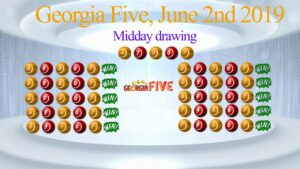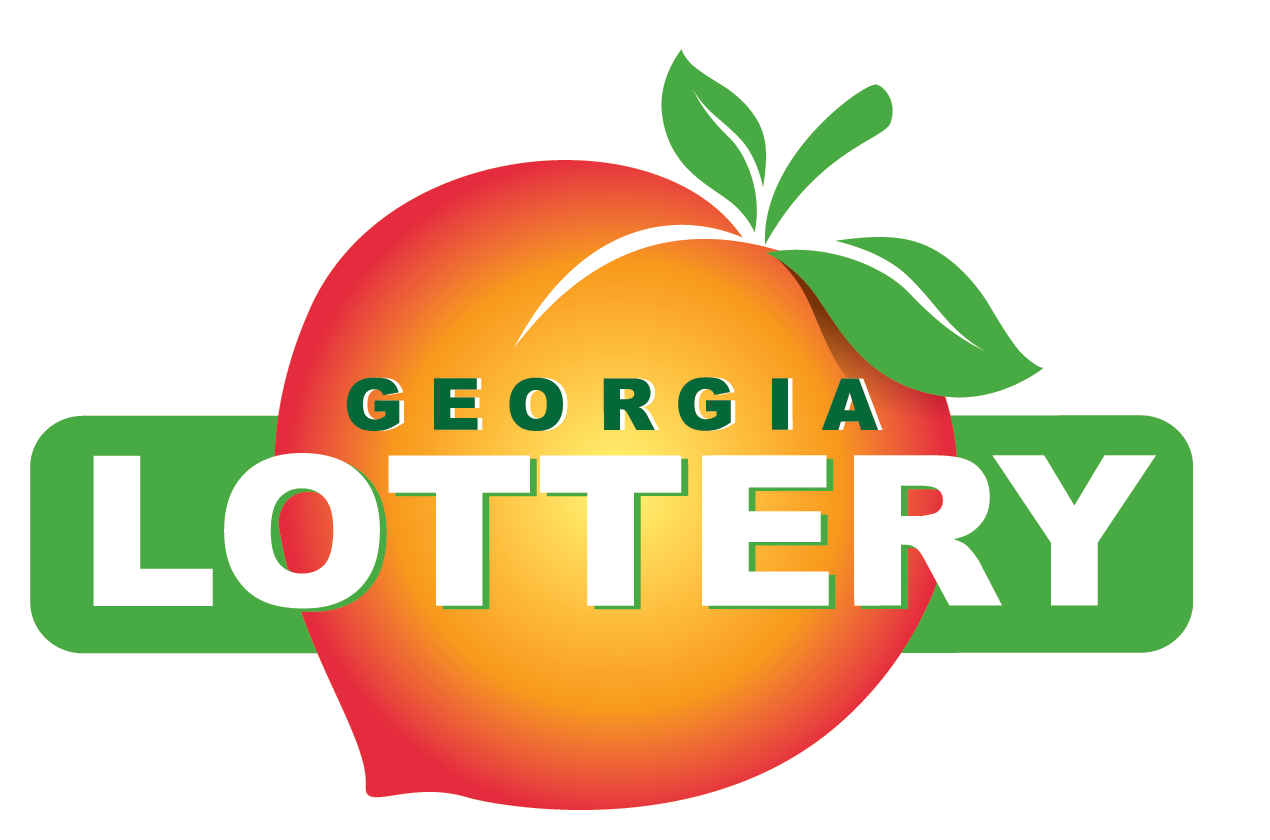sLottery predictions refer to various methods and strategies aimed at increasing one’s chances of winning a lottery prize. The concept revolves around analyzing past lottery draw data, identifying potential patterns or trends, and using this information to make informed guesses about future lottery numbers. While lotteries are inherently games of chance, some individuals believe that employing prediction techniques can improve their odds of success.
The appeal of lottery predictions lies in the potential for life-changing financial rewards. With jackpots often reaching staggering amounts, the allure of accurately predicting the winning numbers is undeniable. Additionally, some people find the process of analyzing data and applying prediction methods intellectually stimulating, turning it into a hobby or a personal challenge.
It’s important to note that lottery predictions are not foolproof, and their effectiveness is highly debated. The random nature of lottery draws means that any perceived patterns or trends could be mere coincidences. However, for those who enjoy the thrill of attempting to beat the odds, lottery predictions offer a sense of control and excitement in an otherwise unpredictable game.
The Georgia Lottery
The Georgia Lottery is one of the most popular and longest-running state lotteries in the United States. Established in 1992, it offers a variety of games to players across the state, with proceeds going towards educational programs and initiatives.
Some of the most popular games offered by the Georgia Lottery include:
-
Mega Millions: A multi-state lottery game with jackpots that often reach into the hundreds of millions of dollars. Drawings are held twice weekly, on Tuesdays and Fridays.
-
Powerball: Another multi-state lottery game with massive jackpots. Powerball drawings take place every Wednesday and Saturday evening.
-
Georgia FIVE: A daily draw game where players choose five numbers from 1 to 42. Prizes range from $1 to $500,000.
-
Cash 4: A twice-daily draw game where players select four numbers from 0 to 9. Prizes can reach up to $5,000.
-
Fantasy 5: A nightly draw game where players choose five numbers from 1 to 42. The jackpot starts at $125,000 and continues to grow until it’s won.
In addition to these popular games, the Georgia Lottery also offers various scratch-off and instant win games, providing players with even more opportunities to win prizes.
The Legality of Lottery Predictions
Lottery predictions, whether based on mathematical algorithms, statistical analysis, or other methods, are not illegal in most jurisdictions. However, it’s crucial to understand that these predictions are not guaranteed or endorsed by official lottery organizations. Lottery games are designed to be random and unpredictable, and no system or method can definitively predict the winning numbers.
While lottery prediction services and strategies are generally legal, they operate independently from official lottery organizations. These organizations explicitly state that no method can accurately predict the outcome of their games, as they are governed by strict rules and regulations to ensure fairness and randomness.
It’s important to approach lottery predictions with caution and realistic expectations. Many prediction services make claims about their success rates or the effectiveness of their methods, but these claims are often exaggerated or lack substantial evidence. Ultimately, lottery predictions are based on theoretical models and historical data, but they cannot account for the inherent randomness of lottery drawings.
Responsible lottery players should view lottery predictions as entertainment or a way to add excitement to their gameplay, rather than relying on them as a guaranteed path to winning. It’s essential to play responsibly, set a budget, and understand that the odds of winning remain extremely low, regardless of any prediction methods employed.

Common Lottery Prediction Methods
There are several methods that people use in an attempt to predict lottery numbers. While the lottery is inherently a game of chance, some believe that by analyzing past draws and employing mathematical strategies, they can increase their chances of winning.
Mathematical Analysis: This method involves studying the frequency of numbers being drawn and looking for patterns or trends. Proponents believe that certain numbers may be “due” or “overdue” based on their past occurrences. They use statistical analysis to identify “hot” and “cold” numbers and adjust their number selections accordingly.
Number Patterns: Some lottery players look for patterns in the way numbers are drawn, such as consecutive numbers, pairs, triplets, or specific number combinations. They may use techniques like the Delta System, which analyzes the spacing between drawn numbers, or the Hot and Cold Number Method, which tracks the frequency of each number’s appearance.
Software Programs: Various software programs claim to use complex algorithms and statistical models to analyze past lottery data and generate predictions for future draws. These programs may consider factors like number frequencies, sums, and other patterns.
Wheeling Systems: Lottery wheeling systems are strategies for creating multiple combinations of numbers from a smaller set of numbers. The idea is to increase the chances of winning smaller prizes while still having a chance at the jackpot. Popular wheeling systems include the Full Wheel, Abbreviated Wheel, and Key Number Strategy.
It’s important to note that while these methods may provide a sense of control or strategy, the lottery remains a game of chance, and the odds of winning the jackpot are extremely low. Responsible gambling practices and understanding the true odds are crucial for anyone participating in lotteries.
The Role of Probability and Randomness
While some prediction methods claim to identify patterns or trends in past lottery draws, it’s crucial to understand that each lottery draw is an independent event, unaffected by previous results. The randomness inherent in lotteries means that any perceived patterns or trends are likely coincidental and do not necessarily indicate a higher probability of predicting future outcomes.
Probability theory dictates that the odds of correctly predicting a specific set of lottery numbers are astronomically low, especially in games with a large number of possible combinations. For example, in a typical lottery game where players must choose six numbers from a pool of 49, the odds of correctly guessing the winning combination are approximately 1 in 13,983,816.
While some prediction methods may claim to increase the chances of winning, it’s essential to approach such claims with skepticism and caution. Many of these methods are based on anecdotal evidence, pseudoscience, or misunderstandings of probability and statistics. Relying solely on prediction methods can lead to unrealistic expectations and potentially harmful financial consequences.
It’s important to remember that lotteries are games of chance, and no prediction method can guarantee a win. While some strategies, such as playing consistently or joining lottery pools, may slightly improve the odds, the inherent randomness of lottery draws means that winning ultimately relies on luck and chance.
Success Stories and Skepticism
Despite the improbable odds, there are individuals who claim to have won lottery prizes using prediction methods. One celebrated case is the story of Revell Revington, an Australian man who allegedly won millions by applying a complex mathematical formula to analyze past lottery draws. Revington’s system purportedly identified number patterns and biases that allowed him to significantly increase his chances of winning.
Critics argue that these alleged lottery prediction methods are nothing more than anecdotal evidence and confirmation bias. .
Detractors also point out that even if a prediction method could marginally improve one’s odds, the chances of winning a substantial prize remain astronomically low. They contend that any apparent success is likely due to sheer luck rather than a reliable prediction system.
Moreover, some skeptics raise concerns about the potential for fraud or exaggeration in success stories, as there is often a financial incentive for individuals to promote their lottery prediction methods or services.
Ultimately, while the allure of predicting lottery numbers and winning big prizes is undeniable, the scientific consensus remains that lotteries are inherently random events, and any purported prediction method is highly unlikely to yield consistent, replicable results.
Professional Lottery Prediction Services
The allure of winning the lottery has given rise to various professional services that claim to have the ability to predict winning lottery numbers. These services typically employ a combination of mathematical algorithms, statistical analysis, and proprietary software to generate predictions for upcoming lottery draws.
These professional lottery prediction services often charge a fee for their services, ranging from one-time payments for a set of predictions to ongoing subscriptions for regular updates. The pricing models can vary significantly, with some services offering affordable options for casual players, while others cater to more serious lottery enthusiasts with premium packages that come at a higher cost.
It’s important to note that while these services make bold claims about their ability to increase the chances of winning, the legitimacy of their methods is often subject to scrutiny and debate.
Nonetheless, these services continue to attract a dedicated following, with some individuals claiming to have won substantial prizes by using their predictions. However, it’s crucial to approach such services with a healthy dose of skepticism and to thoroughly research their track records and customer reviews before investing any money.
Responsible Gambling and Lottery Predictions
While the allure of lottery predictions can be enticing, it’s crucial to approach them with caution and a mindset of responsible gambling. Relying solely on predictions or alleged “winning systems” can lead to unrealistic expectations and potentially harmful behavior.
Responsible gambling involves setting a reasonable budget for lottery play and treating it as a form of entertainment, rather than a means to generate income or achieve financial freedom. It’s essential to understand that the lottery is a game of chance, and no prediction method can guarantee consistent wins.
Responsible gamblers should never chase losses or bet more than they can afford to lose.
Additionally, it’s important to recognize the potential for addiction and seek help if gambling becomes problematic. Reputable organizations, such as the National Council on Problem Gambling, offer resources and support for individuals struggling with gambling addiction.
While lottery predictions can add an element of excitement and strategy to the experience, responsible gambling practices should always take precedence. Maintaining a balanced perspective and setting reasonable expectations is key to enjoying the lottery responsibly.
Alternative Strategies for Lottery Play
While lottery predictions can be intriguing, it’s important to approach lottery games with a responsible mindset. One alternative strategy is to view lotterys play as a form of entertainment, rather than a surefire path to wealth. Set a reasonable budget for lotterys tickets, treating it like any other recreational expense, and avoid chasing losses or going beyond your means.
Another approach is to focus on the joy of dreaming and anticipation, rather than fixating on the slim odds of winning a jackpot. Imagine what you might do with a windfall, but don’t let those fantasies overshadow your real-life priorities and responsibilities.
For those seeking a more strategic approach, consider joining a lotterys pool or syndicate. By pooling resources with others, you can increase your chances of winning while limiting your individual investment. However, be sure to establish clear rules and agreements to avoid any disputes or misunderstandings.
Ultimately, the healthiest perspective is to view lotterys play as a form of entertainment, not a reliable source of income or a path to riches. By setting reasonable expectations and maintaining a balanced approach, you can enjoy the thrill of playing without compromising your financial well-being or succumbing to the allure of unsubstantiated prediction methods.
Conclusion
Lotterys predictions remain a topic of fascination and debate, with various methods and strategies proposed to increase one’s chances of winning. However, it’s crucial to understand the inherent limitations and uncertainties surrounding these predictions.
While some techniques, such as analyzing past winning numbers or using specialized software, may provide insights, the random nature of lotteries means that no method can guarantee success.
Ultimately, the allure of potential life-changing winnings drives the continued interest in lotterys predictions, but it’s essential to strike a balance between pursuing these strategies and maintaining a healthy perspective. Moderation, responsible play, and an understanding of the odds are key to enjoying the excitement of lotteries while avoiding potential pitfalls.

